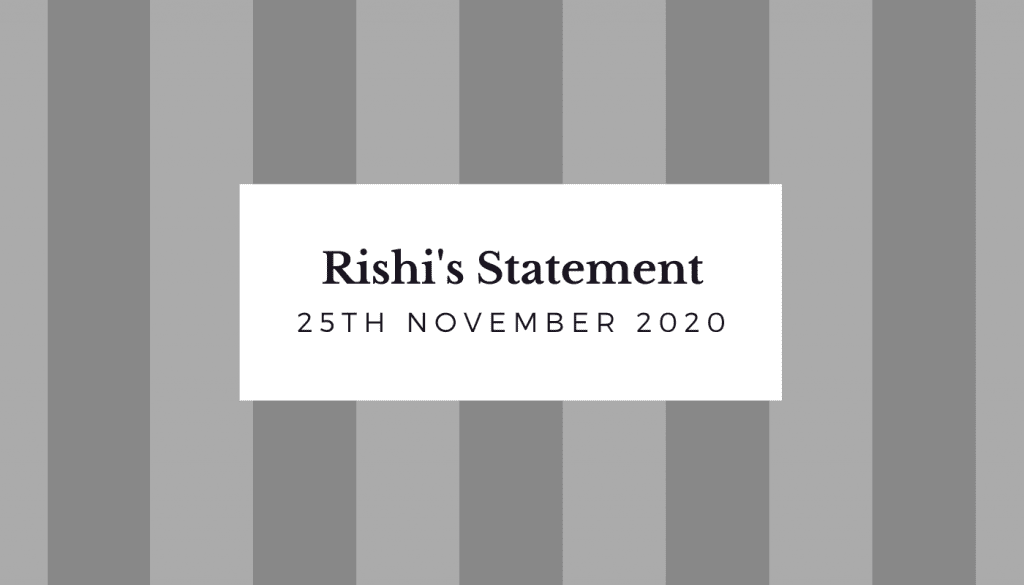
The Chancellor’s update to the House of Commons yesterday made pretty grim listening. It’s not going to surprise anyone to…

The Chancellor’s update to the House of Commons yesterday made pretty grim listening. It’s not going to surprise anyone to…
English Government announce new winter plan to beat COVID-19 This week seems to be a week of announcements from Boris….
Working from home relief = FREE CASH Due to the current pandemic, many businesses have been working from home this…
What are the new business support schemes for covid-19? Yesterday the government announced more support for businesses and the self-employed….
Last night the prime minister addressed the nation and announced a month long lockdown for England. Something we never considered…
Whether it is staggering start and finish times to reduced prolonged contact time, introducing short term working due to reduced…
The chancellor, Rishi, on Friday popped up with an announcement of more support for businesses in the next 6 months….
For many of us, Covid has caused a wave of work or we’re experiencing challenges with everyone working remotely and…
The global pandemic has hit everyone hard, the knock-on effects of which will be ongoing for the years to come….
Unless you have somehow managed to avoid the headlines, I’m sure you’re quite aware that a deep dark recession is…